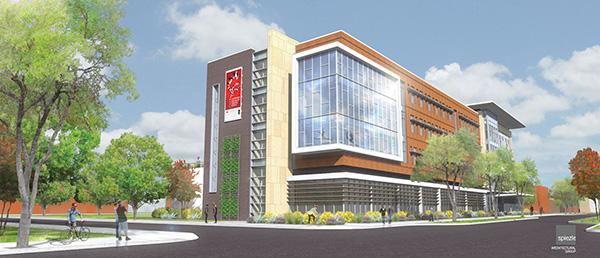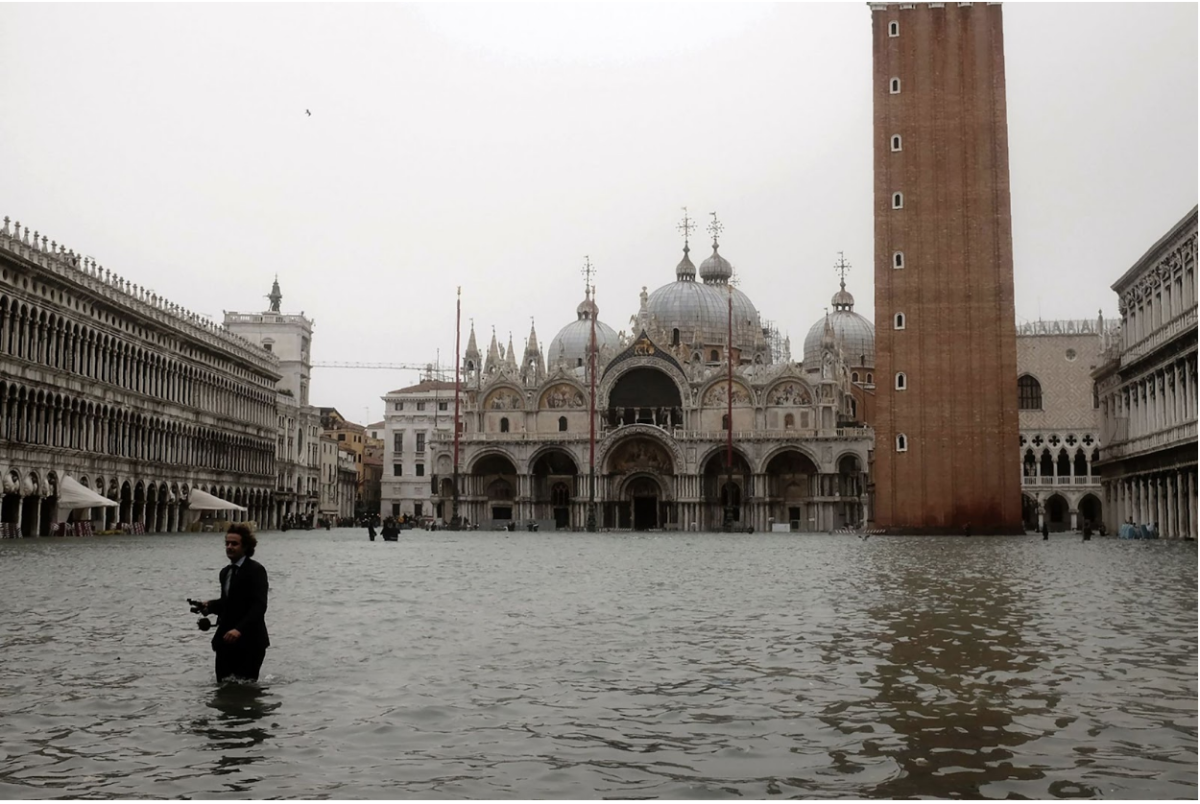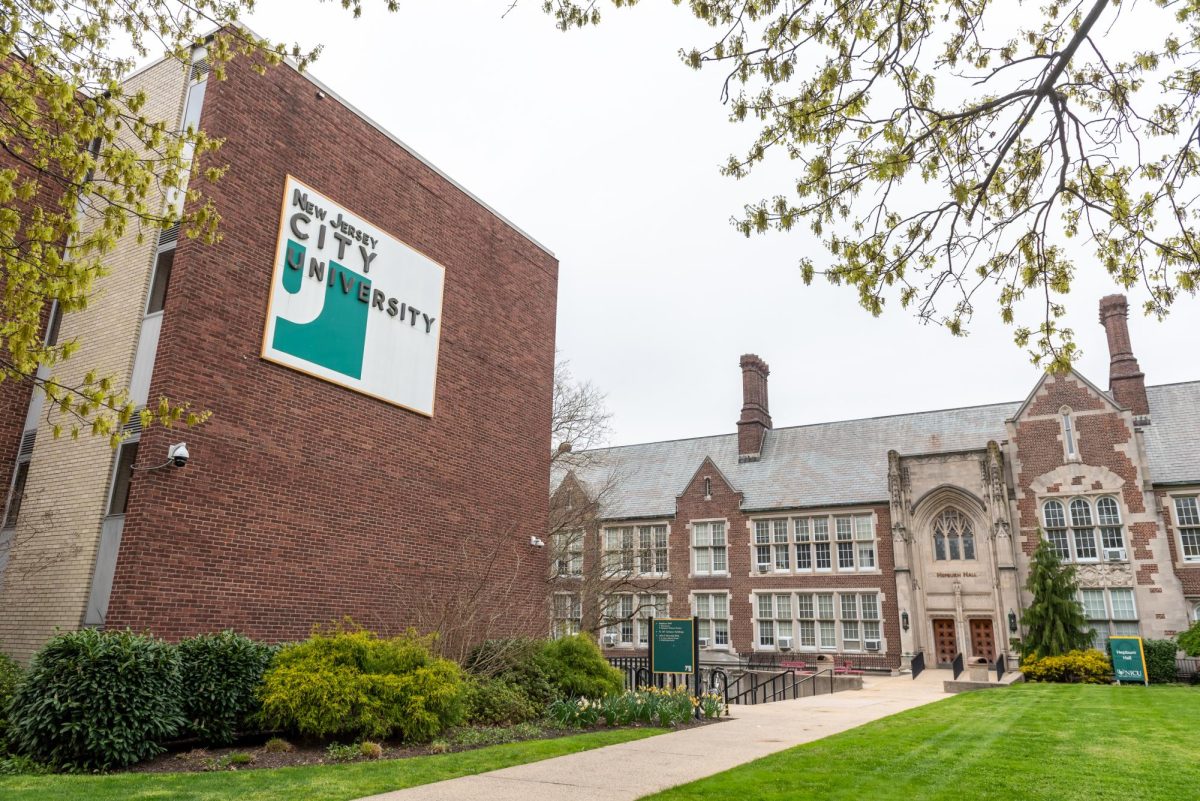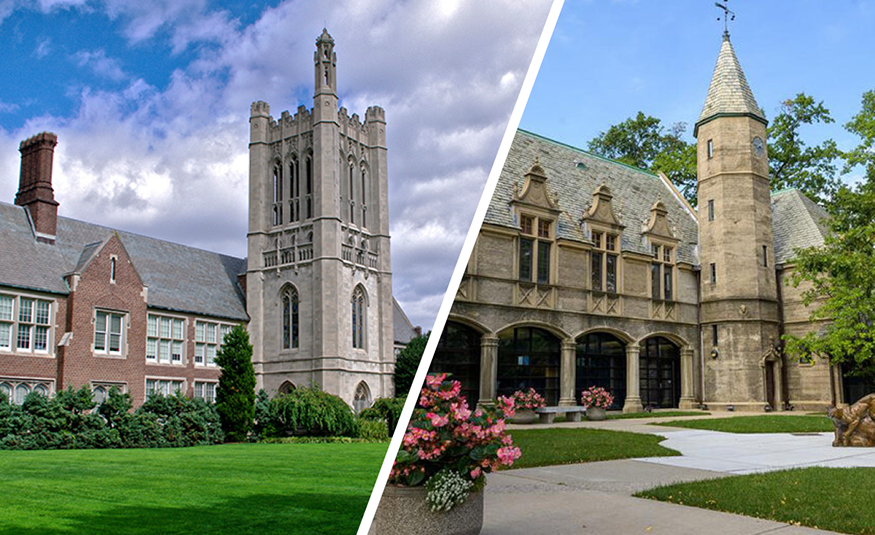
By Steven Rodas –
NJCU is planning a large expansion, which will include a new, 21-acre West Campus. Situated between West Side Avenue and Route 440, the goal is to have the first academic building and student residence building done by the 2015-2016 school year. The new campus will ultimately include a performing arts center, student housing, a college of education, and a school of business.
“Having modern campus facilities that meet student and faculty needs are essential in a competitive and higher education market, so we just want to provide the facilities that will enhance [the] teaching and learning experience,” said Dr. Aaron Aska, vice president for administration and finance.
Early in the fall of 2009, NJCU partnered with Clarke Caton Hintz and Pauline Associates to create a Facilities Master Plan that would incorporate an additional campus. Four years later, student housing and a new academic building have become the priority.
“We’re just focusing [on] the first phase [of] two projects [which are] a 400-bed student housing and an academic building which is about 100,000 square feet that is going to primarily house music, dance and theatre programs,” Aska said.
Funding for student housing will rely solely on the private sector, while the academic building will require both private sector money and university debt. Requests for proposals are currently being submitted so various developers can bid on the project.
“You’re going to have the housing built by a private developer on the Public Private Partnership Act. The academic building is going to be a combination of university debt and other sources of financing,” said Aska.
The Public Private Partnership Act allows for the collaboration of government and one or more private sector companies to fund a business venture.
Andrew Christ, Associate vice President for Facilities and Construction Management and Co-Chair of Campus Infrastructure Working Group gave more information about how private funding for the residence building can be accessed. “{The} New Jersey Economic Stimulus Act of 2009 and the New Jersey Economic Opportunity Act of 2013, [allow] colleges and universities to enter into public private partnerships,” Christ said.
Associate Director of the Division of Administration and Finance Deborah Morales said the New Jersey Opportunity Act of 2013 “is an extension of [the] 2009 law which allows public colleges and universities to partner with private developers on certain projects.”
Aska imagines the new academic building will cost between $40 and $42 million dollars, and that housing would cost about $20 to $30 million dollars to build.
Students have mixed reaction to the plans.
“I think it’s taking too long, but I think it’s a good idea. The campus should be increasing, and we should expand our college [accordingly]. It makes sense to use private funding; more dorms and better equipment require a sacrifice,” said Annerys De Soto, 21, a music education major from North Bergen.
Officials at the Department of Facilities and Construction Management feel confident that the funding will be secured. However, the date when the rest of the new West Campus will be constructed still hasn’t been established.
“NJCU owns the property where the West Campus is being constructed,” said Morales. “The first two buildings, a residence hall and academic building, are scheduled to open in Academic Year 2015/16.”
The teacher’s union expressed full support for any project that enhances the campus as long as the financial details are made available.
“All of us here at the American Federation Teacher’s Local Union #1839 look forward to the expeditious and effective completion of the NJCU West Campus. We fully support the expansion of the university and look towards the future. We only hope that all the financial specifics around the project are made fully transparent and open for all to cite and examine,” said Dr. William Calathes, Professor of Criminal Justice and Local president of the American Federation of Teachers Union- #1839. “We also sincerely hope that every worker that’s employed for this project is unionized.”
Out with the Gross, In with the New?
According to the Facilities Master Plan, the implementation of the West Campus is an effort to modernize NJCU, therefore the university may choose to demolish parts of the existing campus such as Grossnickle Hall.
“Grossnickle is very old,” said Aska, while pointing out his office window. “It’s about 40 [to] 50 years old, it is more expensive to maintain. So we might as well demolish that building and build a brand new building with state of the art facilities on the West Campus. Most of the classes held in Grossnickle will be held in the new building [with] state of the art technology, modern amenities [and] modern facilities. The building will contain the modern features that Montclair University and The College of New Jersey have.”
Grossnickle Hall was opened in 1962 and its demolition is alluded to in the Facilities Master Plan. Students feel Grossnickle has served its purpose but does not attract new students nor represents NJCU’s potential as a university.
“I think it’s a great idea [to demolish Grossnickle]…Grossnickle brings down our potential to be a great looking university,” said Kenneth Pinedo, 20, a Professional Security Studies major from Kearny. Despite Pinedo’s hopes that the demolition will happen, it is not certain. The construction currently taking place on the site is for parking and for remediation purposes
“Until the University has additional classrooms and support space to allow for the removal of the facility, Grossnickle Hall will remain,” said Morales.
Aska fittingly noted that the construction of the West Campus is “all contingent on the right financing. If we don’t get the financing, we can’t build it.” However, he added that in order for NJCU to gain future funding it should continue to strive to be a modern university.
Students and faculty members are encouraged to visit the Facilities and Construction Management Facebook and Twitter web pages in order to get the latest information on the construction.













